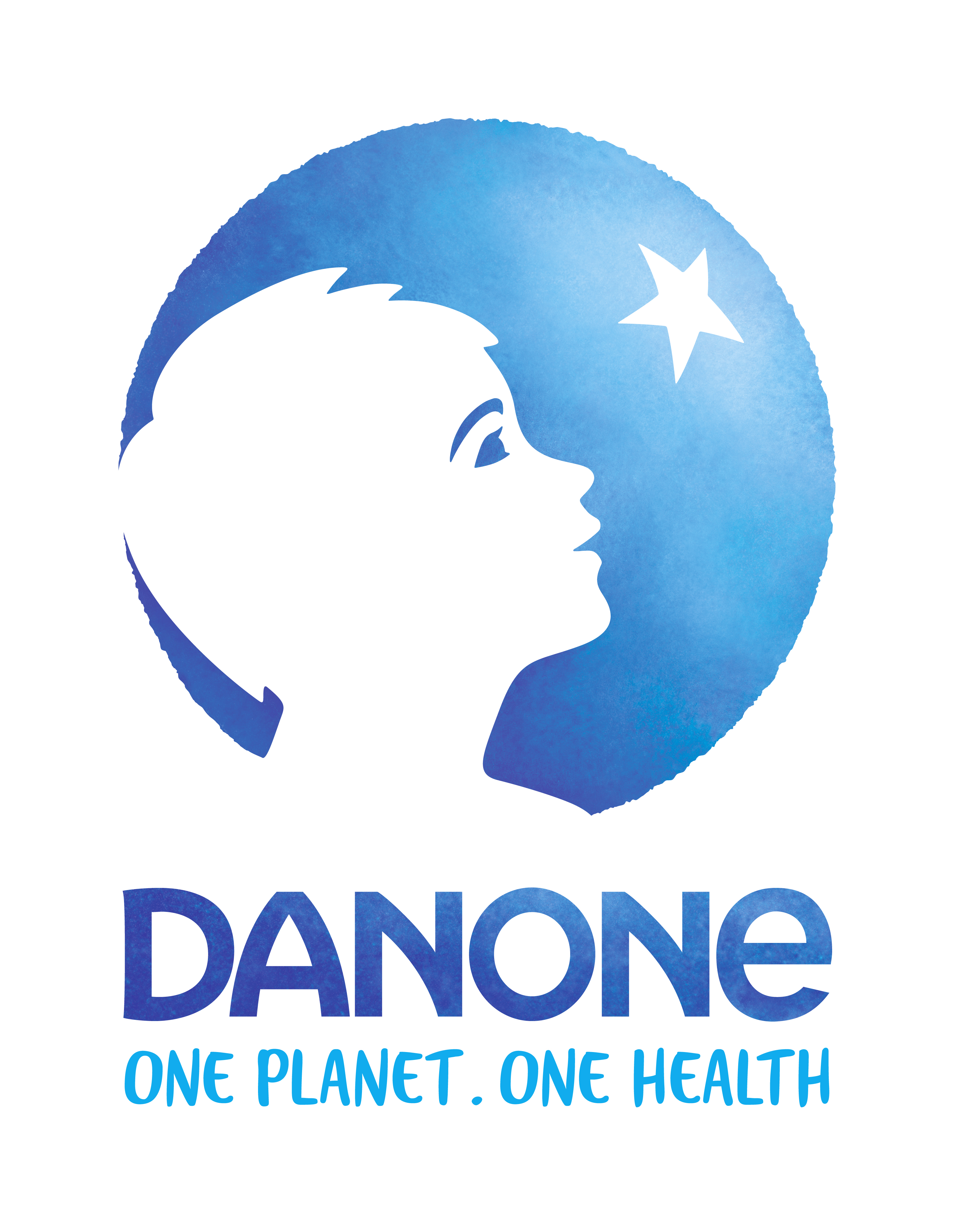

Danone UK & Ireland

Wiltshire, United Kingdom
January 2022
Food products
Manufacturing
Ireland,
United Kingdom
Danone’s Specialised Nutrition category leads the market in the UK & Ireland with products for specific nutritional needs at all stages of life, including babies, young children and for special medical purposes. With leading brands such as Aptamil, Cow & Gate, Milupa and Nutricia, we draw on our specialised nutrition research capabilities as well as our expertise as a food company to develop innovative products that support people’s specific nutritional needs. We know nutrition has the power to make a positive difference to health. Our Specialised Nutrition business is fundamental to our mission of ‘bringing health through food to as many people as possible’. As an organisation that strives to use its business as a force for good, this way of operating is part of Danone’s DNA. In the UK & Ireland, this is articulated through ‘We Nourish Life’, which reflects our belief that pioneering nutritional solutions can help people live longer, healthier lives. Our Wexford and Macroom factories are the first baby formula factories to be B Corp certified, whilst our Liverpool factory is the first medical nutrition factory to certify.
Overall B Impact Score
Governance 17.7
Governance evaluates a company's overall mission, engagement around its social/environmental impact, ethics, and transparency. This section also evaluates the ability of a company to protect their mission and formally consider stakeholders in decision making through their corporate structure (e.g. benefit corporation) or corporate governing documents.
What is this? A company with an Impact Business Model is intentionally designed to create a specific positive outcome for one of its stakeholders - such as workers, community, environment, or customers.
Workers 30.6
Workers evaluates a company’s contributions to its employees’ financial security, health & safety, wellness, career development, and engagement & satisfaction. In addition, this section recognizes business models designed to benefit workers, such as companies that are at least 40% owned by non-executive employees and those that have workforce development programs to support individuals with barriers to employment.
Community 21.7
Community evaluates a company’s engagement with and impact on the communities in which it operates, hires from, and sources from. Topics include diversity, equity & inclusion, economic impact, civic engagement, charitable giving, and supply chain management. In addition, this section recognizes business models that are designed to address specific community-oriented problems, such as poverty alleviation through fair trade sourcing or distribution via microenterprises, producer cooperative models, locally focused economic development, and formal charitable giving commitments.
Environment 21.8
Environment evaluates a company’s overall environmental management practices as well as its impact on the air, climate, water, land, and biodiversity. This includes the direct impact of a company’s operations and, when applicable its supply chain and distribution channels. This section also recognizes companies with environmentally innovative production processes and those that sell products or services that have a positive environmental impact. Some examples might include products and services that create renewable energy, reduce consumption or waste, conserve land or wildlife, provide less toxic alternatives to the market, or educate people about environmental problems.
What is this? A company with an Impact Business Model is intentionally designed to create a specific positive outcome for one of its stakeholders - such as workers, community, environment, or customers.
Customers 9.5
Customers evaluates a company’s stewardship of its customers through the quality of its products and services, ethical marketing, data privacy and security, and feedback channels. In addition, this section recognizes products or services that are designed to address a particular social problem for or through its customers, such as health or educational products, arts & media products, serving underserved customers/clients, and services that improve the social impact of other businesses or organizations.
What is this? A company with an Impact Business Model is intentionally designed to create a specific positive outcome for one of its stakeholders - such as workers, community, environment, or customers.